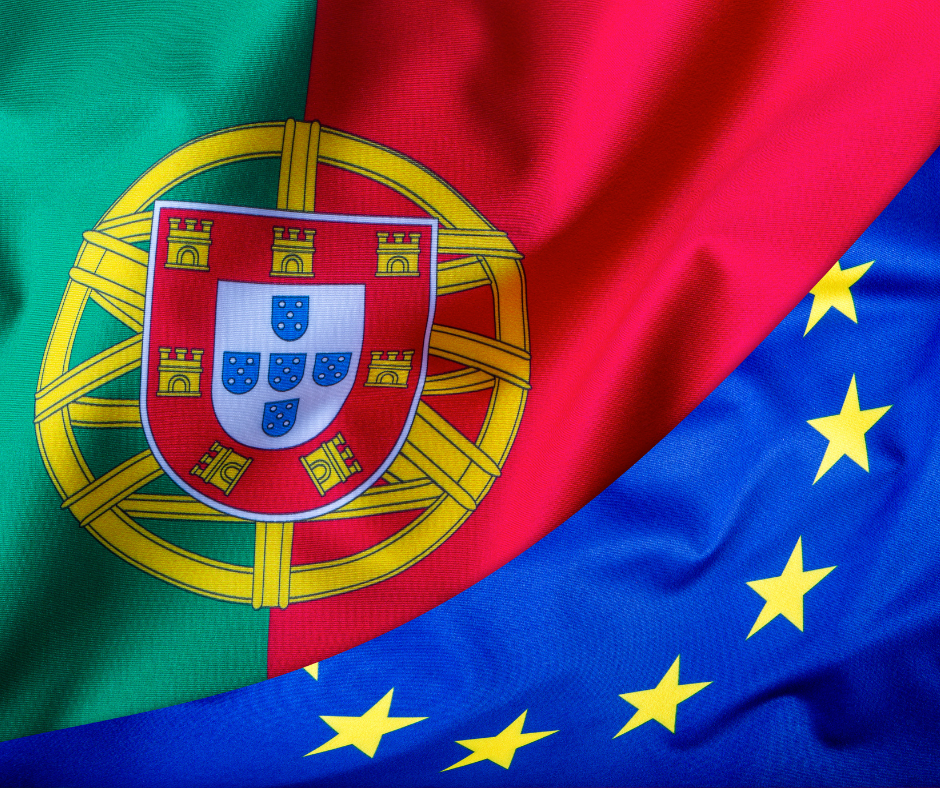Portuguese household wealth is around 30% below the Eurozone average. Portugal is 15th in the table of countries that use the euro.
The average net wealth of Portuguese families is the sixth lowest in the Eurozone, according to data from the European Central Bank for the second quarter of 2023. Even so, this indicator has been rising above the average for countries using the euro. Even with a convergence dynamic, household wealth in Portugal is still 30% below the Eurozone average.
The data for the average net wealth of Portuguese families, taking into account assets including deposits, debt securities, shares, life insurance, housing wealth and non-financial business wealth, points to around 270 thousand euros. This puts the country in the bottom half of the Eurozone table, whose average is 385 thousand euros.
Portuguese families thus have 30% less wealth than the Eurozone average. They are only ahead of Estonia, Slovakia, Greece, Lithuania and Latvia.
If we compare with the figures for 2018, five years earlier, Portugal’s position has worsened, going from 14th to 15th – it was Slovenia that overtook the national figures, with the average wealth of Slovenian families reaching 276,000 euros in the second quarter of 2018.
Despite this performance, the truth is that the comparison with the Eurozone average has improved. Wealth went from being 32.3% below the euro area average to 29.72% lower.
Portugal is returning to convergence dynamics but remains below average
Portuguese household wealth was 37% below the Eurozone average.
If we look at year-on-year growth, we can see that since 2015, household wealth has risen more than the Eurozone every year, with the sole exception of 2021.
The average wealth of Portuguese households has grown by 5.74% per year over the last five years, compared to 4.93% for the Eurozone. There has thus been a dynamic of convergence, although it has not returned to pre-pandemic values.
Among the members of the Eurozone, it is the Netherlands that has seen the fastest growth in household wealth in recent years – an average of 11% per year since 2018. Slovenia and Estonia follow with the fastest growth rates. On the other hand, countries like Greece and Italy have seen more timid growth in average household wealth, at around 2% per year.

